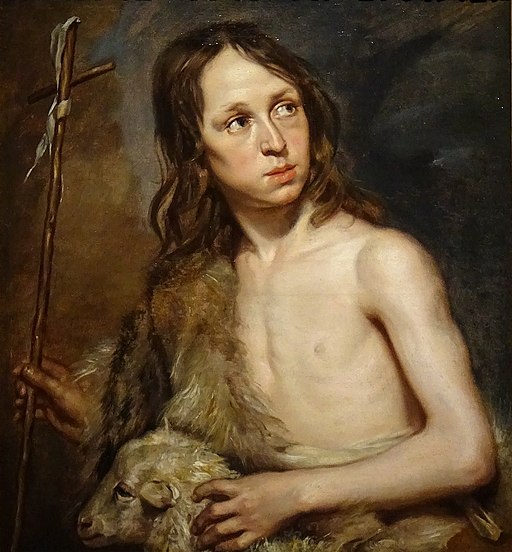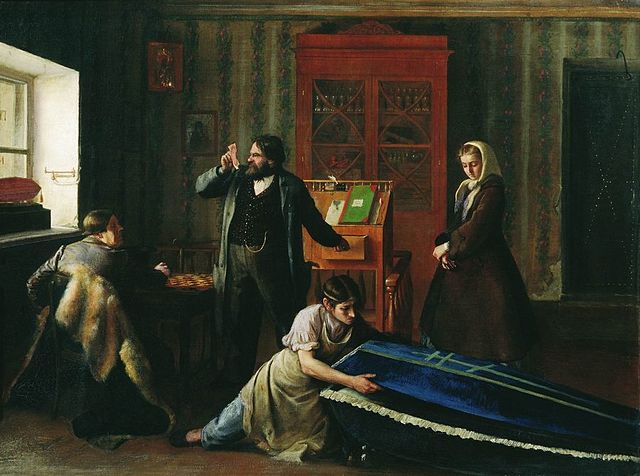poem21 Nov 2021 04:10 pm
Marge Simon
Histories were told in the dry prairie winds that swept the sandy dirt from here to there and back. Lost are those masters, the old aristocrats. How they doted on the old building, the museum, like a shrine. The treasure they held in trust for their lineage into an unknown future, a monument to their legacy. Came the spoilers, on their razor-spined mounts, grinding fleeing bodies into the crushed prairie grass. They plundered every shrine, stealing even the shining amber eyes of the stuffed beasts, silver shafts and diamond needles to make more tools of butchery. When that was done, there were no children left except the boy, and he was a slave-child. His mother despaired on a daily basis. She jumped at every sound in the ruined house they lived in, once their master’s stately home, now theirs. Not that much of dignity remained, their only mirror was the pond, their only meat, the fish within it. When she yelled at him, whether angry or driven to tears, it only made things worse. The boy would chase the rats off for her, flinging stones with more rage than duty called for. The boy had his own place where he could forget, for a long afternoon, the ache of hunger, the gnaw of fear. He would run there every time she wasn’t looking. In the old museum, vines trailed down from the gaping tears in the roof. A shaft of sunlight fell on the last dead beast, preserved, with its empty-socket gaze, her coat stained, rain spotted, no longer bristling with the sheen of life. This mighty cat, frozen in motion, was his steed. For him, she would bend down her graceful head to whisper those things a boy most needs: Ride me, ride me past the shadows, the ghost wars of angry men, and burning prairie grass. We’ll go to the far horizon, where none could know what the brand on your wrist means. Free, free, no need to hide inside these rotting walls – freed by rite of youth to ride, your face ablaze with sunlight. So came a day, he did, with his crazy mother’s litany of self-pity echoing in his ears, always too many sharp, hurting things to bear, shredding hope, sharing her pain over and over, he ran away. Once, he stopped to look back upon the broken buildings and fallow land. A man could heal his mother’s wounds, a man could rebuild. But he was just a boy, so he ran on.

